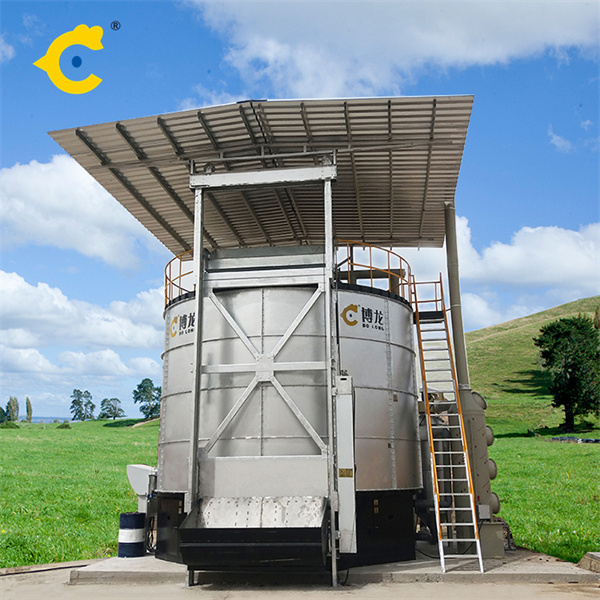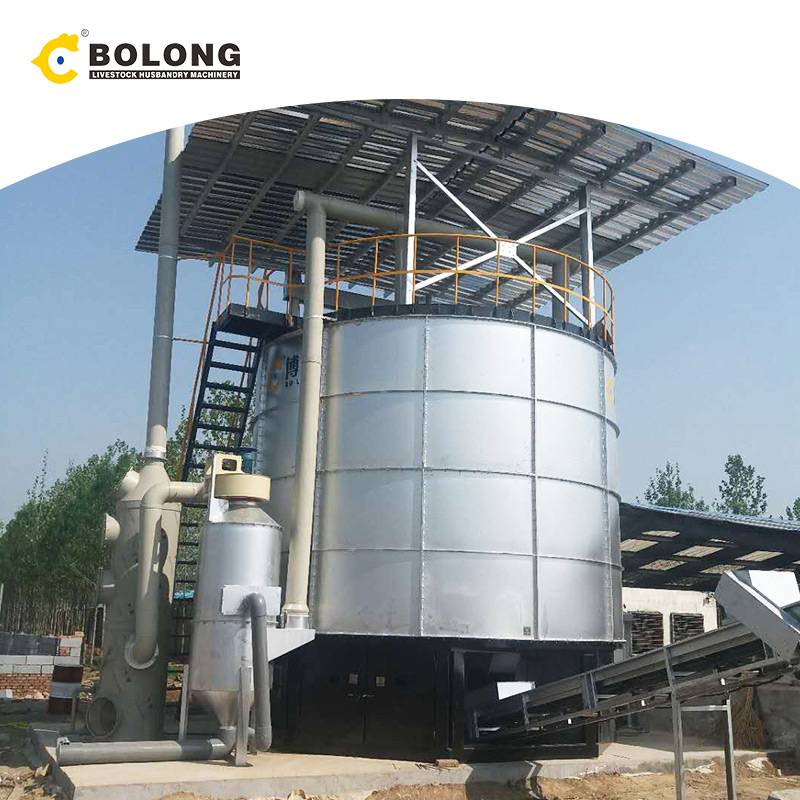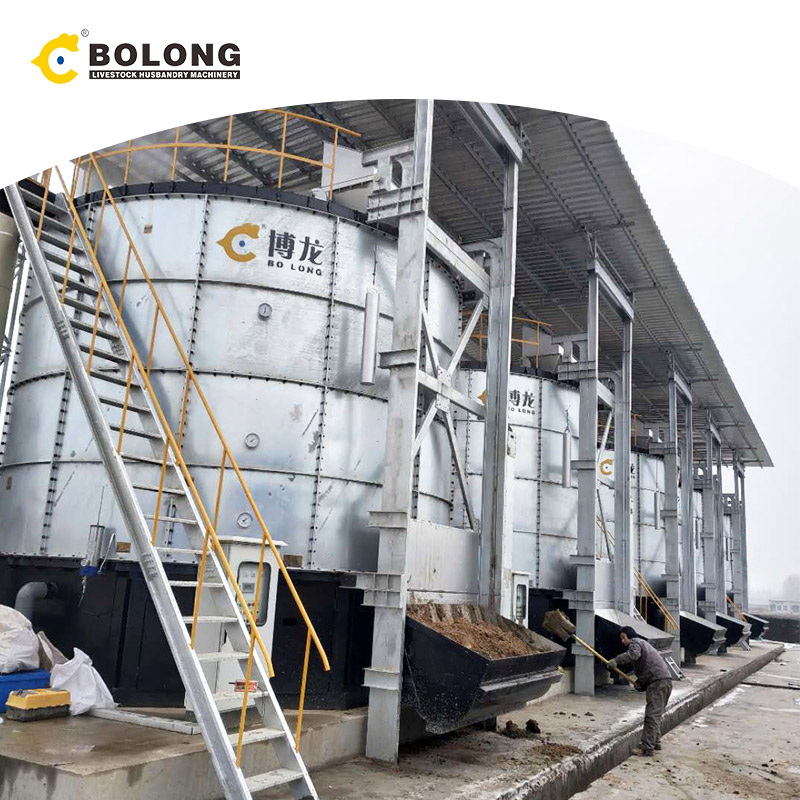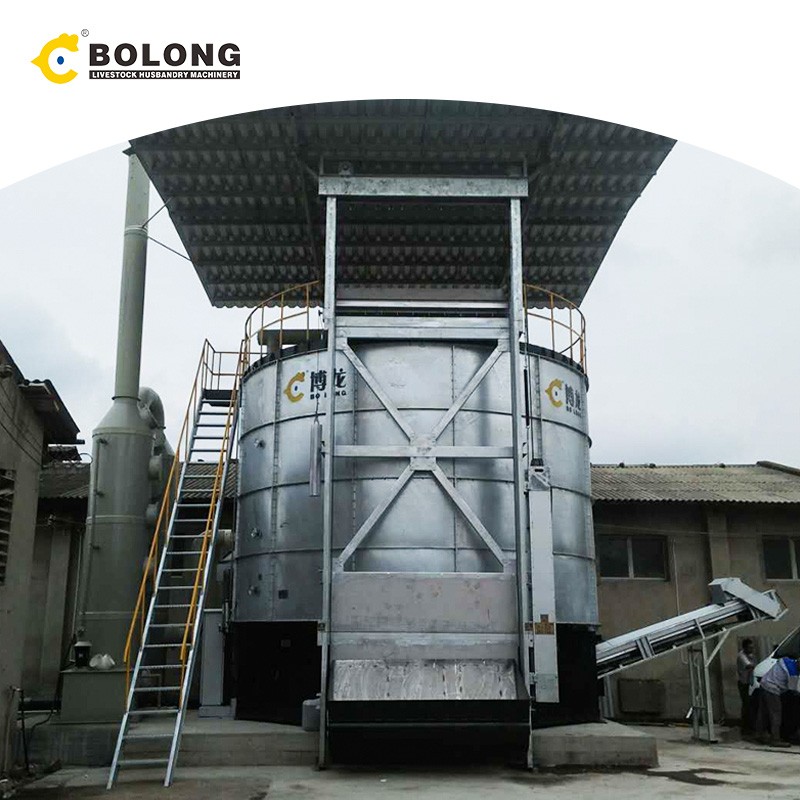The Core Advantages of Manure Fermentation Tanks: Driving an Eco-Revolution for Modern Farms
As modern agriculture continues to thrive, farm owners are striving to achieve higher yields while tackling the escalating challenge of waste management. The efficient handling of animal waste has become crucial, not only for maintaining hygiene but also for reducing the environmental footprint of farming operations.
Manure fermentation tanks, known for their efficiency, environmental benefits, and economic advantages, have emerged as a key solution to these problems. This article delv...





